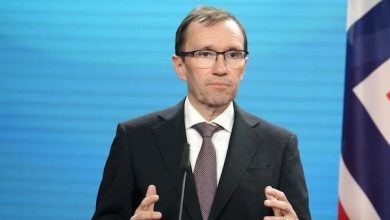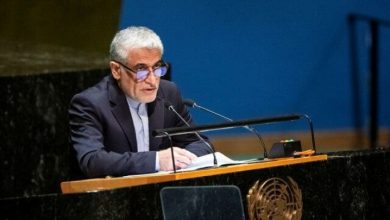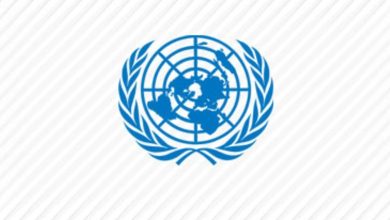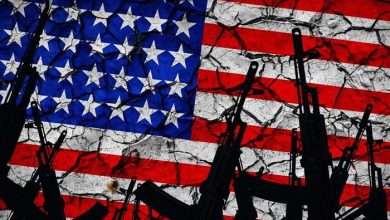Association for Defending Victims of Terrorism – UN website reported, on the heels of recent positive developments, the Secretary-General’s Special Envoy for Libya pointed to renewed hope for peace in the conflict-affected country, and stability across the wider region, in a briefing to the Security Council.
Ján Kubiš, who is the Secretary-General’s Special Envoy on Libya and heads the UN support mission in the country (UNSMIL), outlined progress made since the agreement of a ceasefire in October 2020, the launch of a Libyan Political Dialogue Forum and the start of a process of reunifying its State institutions.
He called for all parties to redouble their commitment to Libya’s peace process and stay the course ahead of critical elections in December.
Welcoming the continued holding of Libya’s ceasefire agreement, Mr. Kubiš said confidence-building between the parties continues notwithstanding occasional clashes between armed groups.
In recent months, hundreds of prisoners and detainees were released by both sides, with releases taking place almost weekly in different parts of the country during the month of Ramadan.
Efforts also continue toward deploying UNSMIL monitors in support of the Libyan-led and Libyan-owned Ceasefire Monitoring Mechanism.
However, progress on key issues such as the reopening of a main coastal road and the withdrawal of foreign mercenaries and foreign fighters – laid out in the October ceasefire agreement and endorsed by the Security Council in resolution 2570 (2021) – has been stalled.
In addition, he said, a recent report of the panel of experts tasked with overseeing painted a bleak picture of non-compliance with Libya’s arms embargo.
As Libya continues along the road towards elections and institution-building, the presence and activities of thousands of mercenaries, foreign fighters and armed groups remains a critical threat – not just to Libya, but to the wider region.
The high mobility of terrorists and armed groups, as well as the movement of migrants and refugees trafficked across porous borders by organized criminal networks, all increase the risk of instability.
In that context, Mr. Kubiš said foreign fighters and armed groups with origins in the region must be withdrawn in an orderly fashion, accompanied by disarmament, demobilization and reintegration (DDR) programmes and coupled with efforts to address the root causes of conflict.





